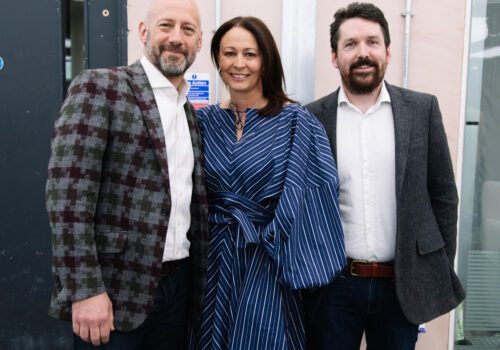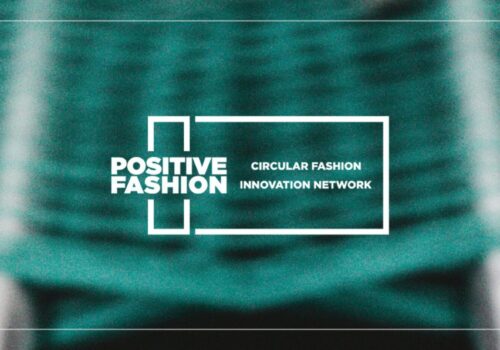Recycling infrastructure and sustainable manufacturing
UKFT is co-chairing a new circular fashion programme in partnership with the British Fashion Council (BFC), which will support and guide the creation of a circular fashion ecosystem in the UK.
The Circular Fashion Innovation Network is funded by UK Research and Innovation (UKRI) via Innovate UK, Arts and Humanities Research Council (AHRC) & Natural Environment Research Council (NERC) and will be aligned to the Institute of Positive Fashion, a partnership between BFC and UKFT. The programme has six main areas of focus:
- Recycling infrastructure
- Sustainable manufacturing
- Circular business models
- Novel technology
- Diverse and future-proof workforce
- Green growth
In partnership with the BFC, it aims to convene industry, academia and innovators to accelerate work and expertise needed to create a circular fashion ecosystem in the UK with an innovation-led mindset.
Through the Circular Fashion Innovation Network, UKFT’s main areas of activity will focus on recycling infrastructure and sustainable manufacturing, and will be complemented and supported by a number of practical innovation and research projects to boost the competitiveness of the UK fashion and textile industry.
The programme will explore ways to reduce waste, lower the environmental impact of production and consumption in the UK while creating new opportunities for the UK fashion and textile industry. It will also link to existing projects to harness best practice and develop emerging technologies. UKFT and the BFC will set out their collective roadmap for change over the next few months.
In the UK we generate enough waste textiles every year to fill Wembley Stadium 17 times over. The waste can’t be reused – its either worn out, damaged or of poor quality. An estimated 200,000 tonnes are going direct to landfill or incineration. Globally less than 1% of textiles collected are turned into new textiles. Transforming this waste into a new textile feedstock which can be used here in the UK presents a significant opportunity for the future of UK manufacturing.
The UK has a strong and diverse UK manufacturing sector which produces everything from luxury fashion and fabrics seen on catwalks around the world through to next-generation textiles used in aerospace, medical and construction applications. As part of this project, UKFT will be exploring how the UK’s manufacturing sector can support the transition to a circular economy, as well as limiting the sector’s impact on the environment through projects around on-demand manufacturing and regenerative textiles. It will also look at ways to preserve artisan craft and heritage skills, while providing the right environment to support new techniques and new technologies within manufacturing to build on this already rich landscape.
Adam Mansell, CEO of UKFT, said: “Sustainable manufacturing and recycling infrastructure will be key drivers in the move to a circular fashion ecosystem here in the UK. We’re excited to work with the BFC to support our industry to connect, collaborate and share experiences to build the most resilient, sustainable and competitive sector for future generations.”
Caroline Rush, Chief Executive, British Fashion Council, said: “The British fashion industry leads in creativity and its founders and entrepreneurs are leading innovators in their field. However, in order to responsibly grow businesses at a time of great change requires platforms, support and co-ordination. We look forward to working with industry and government to support the UK in retaining its reputation as creative leaders in a global industry and to develop its ability to responsibly and collectively address how we accelerate to a leading Circular Fashion Eco-System in the UK.”
For UKFT enquiries, please contact info@ukft.org
Activities
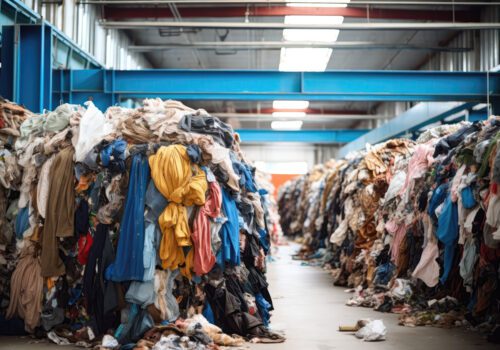
Recycling infrastructure
Building effective infrastructure and partnerships to optimise textile recycling processes, as well as laying the foundations for extended producer responsibility (EPR)
FIND OUT MORE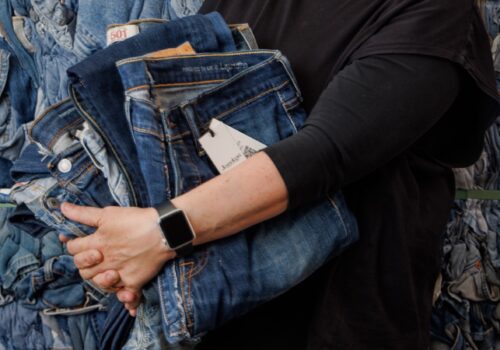
Sustainable manufacturing
Exploring volume manufacturing in the UK, enhancing existing UK manufacturing capacity and decarbonising manufacturing in textile dyeing and zero waste practices
FIND OUT MORE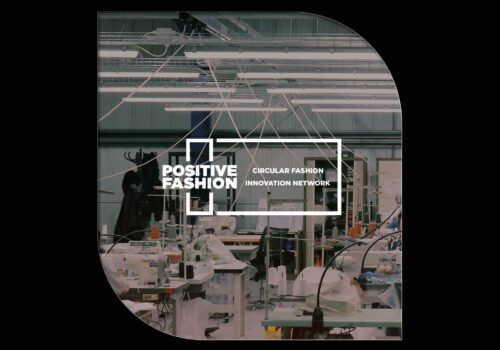
CFIN Report 2025: Accelerating the UK towards a Circular Fashion Ecosystem
This landmark report details two years of industry-led collaboration to accelerate the UK’s transition to a circular fashion ecosystem
FIND OUT MORE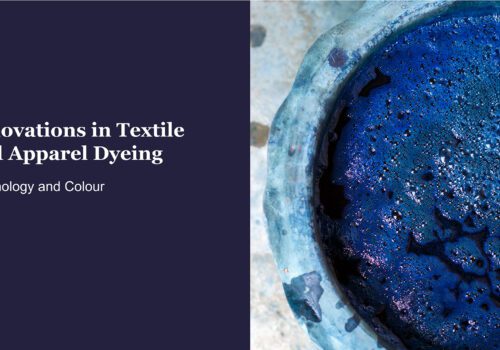
Innovations in Textile and Apparel Dyeing Report
UKFT is delighted to launch the ‘Innovations in Textile and Apparel Dyeing’ report, which highlights the latest global innovations in dyeing within the textile and apparel supply chain.
FIND OUT MORE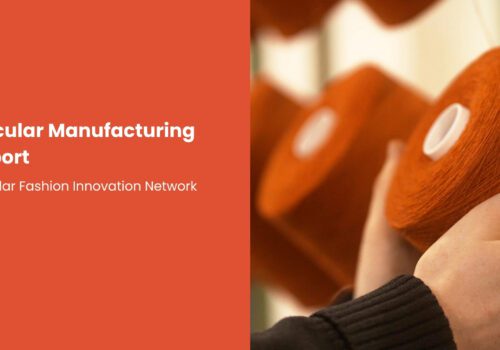
Circular Manufacturing Report
UKFT is delighted to launch the Circular Manufacturing Report, which provides an overview of circular manufacturing in the UK textile and apparel industry.
FIND OUT MORE
Responsible UK Fashion and Textile Supply Chains report
UKFT has launched a report on Responsible UK Fashion and Textile Supply Chains, which identifies practical solutions and opportunities to drive positive change for manufacturers, brands and retailers.
FIND OUT MORE
Advancing Automation and Robotics for Sustainable Manufacturing report
A new report outlines strategic pathways for the integration of automation and robotics in UK fashion and textile manufacturing
FIND OUT MORE
Vision for a Textile Recycling Hub in the UK
A new report outlines the social and economic impact of a model which would be anchored by three Automatic Textile Sorting Plants (ATSPs) and a chemical recycling plant
FIND OUT MORE
